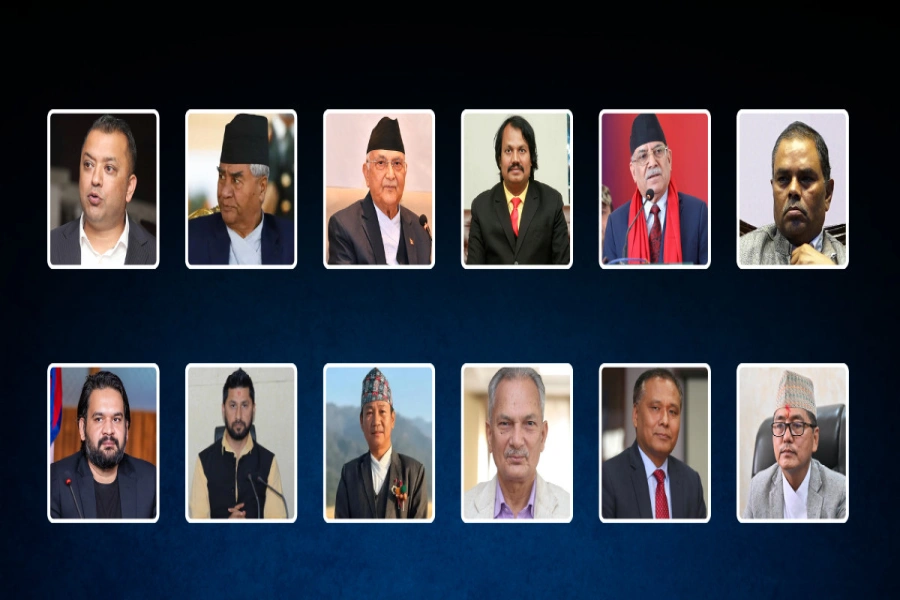Nepal’s drug monitoring mechanisms seem to be either badly ailing or they are simply turning blind eyes to various irregularities in sale and consumption of vital drugs in the country. This is a serious case and needs to be addressed with seriousness at the earliest. First, Nepalis are paying as much as eight times the price of foreign medicines for the same type manufactured in Nepal. Republica’s comparative analysis of 13 pairs of foreign and domestic drugs with the same generic name found that consumers have been burdened with hefty price for the domestic stuffs. This is mainly because Department of Drugs Administration (DDA) has not worked out the correct prices. It is unfair to create the situation whereby Nepali consumers have to buy the imported drugs because of cost disparity even as the government has been providing zero customs duty and 20 percent discount on excise for raw materials for domestic manufacturers. Domestic drugs should have been cheaper than foreign ones. But opposite is the case here. Patients of blood pressure, heart disease and diabetes have been forced to consume imported drugs because domestic products are too costly.
National Broadcasting (11th Amendment) Regulation, 2021 looks s...

Similar price disparities are found in prostate drugs, painkillers and antibiotics. It is clear that all this is happening due to lax oversight. After being provided with a range of subsidies for domestic drugs, domestic manufactures should be able to sell the drugs in a cheaper rate or at the rate in which foreign manufacturers are selling them. Manufacturing companies try to justify the price disparity by citing higher operating costs, lower volume of production and lower demands for indigenous drugs. We are not convinced. If we produce quality drugs and bring them out to the market at least at par with the price of imported drugs, Nepalis will surely go for the domestic drugs. Negligence of drug monitoring body does not stop here. Republica has found that Nepali pharmaceutical companies are still selling several Valsartan drugs, even though many of the countries have banned them because of impurities in the key ingredient. These medicines could make the situation worse for the patients because they are of questionable efficacy. Food and Drug Administration (FDA) of the US has classified Valsartan medicines as “probably human carcinogen’’ after they were found containing the chemical N-nitrosodiethylamine (NDMA), which can cause cancer in humans. According to Environmental Protection Agency (EPA) of the US, exposure to high levels of NDMA may also cause liver damage. A number of hypertension and heart patients may be consuming these questionable drugs because Nepali authorities seem clueless about impurity factor. The DD), Nepal’s drugs regulator, for example, knows nothing about it nor has it taken any initiative to study the impurities. As a result several months since the international ban, Valsartan medicines are still being produced and sold in Nepal.
How can regulatory agencies, Department of Health and Ministry of Health allow such unfair practices happen under their watch? How can they allow the situation whereby Nepali drugs become far more expensive than foreign drugs? Many Nepalis lose their lives just because they cannot afford to buy vital drugs. We cannot afford to keep our medicine too expensive at the cost of public health. Nor should we allow drug manufacturing companies to bring out the products banned elsewhere and feed Nepali patients. Ministry of Health and oversight agencies must take these issues seriously and address them at the earliest.

















_20220508065243.jpg)



















